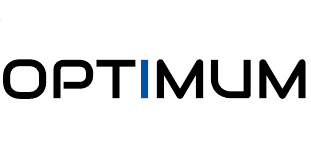Comparison of Ultra-Wideband Range Processing and Filtering for Indoor Localization
The ability to locate assets and humans will lead to many services such as location based services especially in the material handling domain. The development of Industrial Internet of Things (IIoT) necessitates precise positioning, especially for moving objects in industrial environment. This way, automation processes with less human errors, and more safe environments are feasible. In order to achieve a wide reaching penetration of new control and tracking schemes in the Material Handling Domain (MHD), localization of assets needs to be realized in a cost efficient way with sufficient quality of positioning. The cost and quality of localization need to be weighted against each other and depend on the use case. We investigate variations of a indoor localization system, this is done through acquiring raw measurements from an Ultra Wide-Band (UWB) ranging system and comparing various processing approaches to achieve accurate positioning. We then compare the computational cost and quality of positioning of these approaches. Three multilateration algorithms are compared: gradient descent, least square, and recursive least square. Additionally, we investigate the impact of anchor node placement and additional filtering through a Kalman filter. We show that the maximum positioning error is mitigated by up to 30 % and the mean error by up to 4 % when using additional Kalman filtering of multilateration position estimates at comparably low additional computation cost. Our results suggest there are significant differences of localization quality and computational cost between the examined multilateration methods with no clear correlation of computational cost and positioning quality. We also show that the positioning quality and filtering improvement strongly depends on the UWB anchor height.
- Publisher IEEE
- Published in IEEE Xplore
- Date 10 - 12 / Jun / 2020
- Place/Country Tampere / Finland
- Name of Conference / Workshop / Event 2020 IEEE Industrial Cyber-Physical Systems (ICPS)
- Type Presentation
- Author(s) Fabian Hölzke, Mohammad Ghojal, Peter Danielis, Dirk Timmermann and Frank Golatowski
